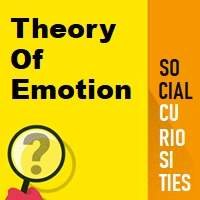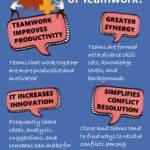
Experiment to test the theory of emotion
In 1962, at Columbia University, Schachter and Singer conducted an experiment to prove their theory of emotion. They were trying to understand the ways in which cognition or thoughts influence human emotion.
The researchers hypothesize that “an emotional state may be considered a function of a state of physiological arousal and of a cognition appropriate to this state of arousal”. The authors were interested in what happens if you covertly induce a physiological change in a subject, will they cognitively assign an emotional state to their bodies’ heightened arousal when they have no apparent causal reason for their bodily changes?
However, if the person does have a causal reason (i.e., they know they are receiving a drug) then they can rationalize the experience and won’t have an emotional reaction. Conversely, if one inhibits the physiological changes, could a person be in extreme danger and yet have no emotional response?
In other words, does a person react emotionally only when he experiences physiological changes?
The Experiment
In the study, a group of 184 male participants were injected with epinephrine, a hormone that induces arousal including increased heartbeat, trembling, and rapid breathing. The research participants were told that they were being injected with a new medication to test their eyesight.
The first group of participants was informed the possible side effects that the injection might cause while the second group of participants were not. The participants were then placed in a room with someone they thought was another participant, but was actually a confederate in the experiment.
The confederate acted in one of two ways: euphoric or angry. Participants who had not been informed about the effects of the injection were more likely to feel either happier or angrier than those who had been informed.
The study of Stanley Schachter and Jerome E. Singer illustrates the importance of how people interpret their physiological states, which form an important component of your emotions.
Though their cognitive theory of emotional arousal dominated the field for two decades, it has been criticized for two main reasons: the size of the effect seen in the experiment was not that significant and other researchers had difficulties repeating the experiment.


